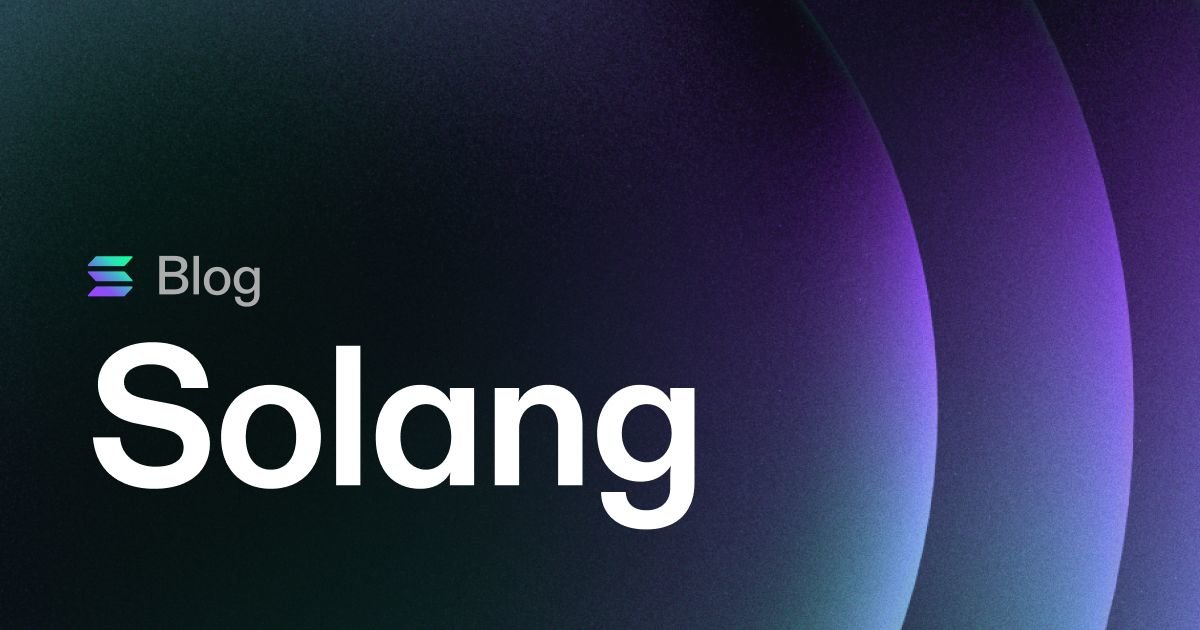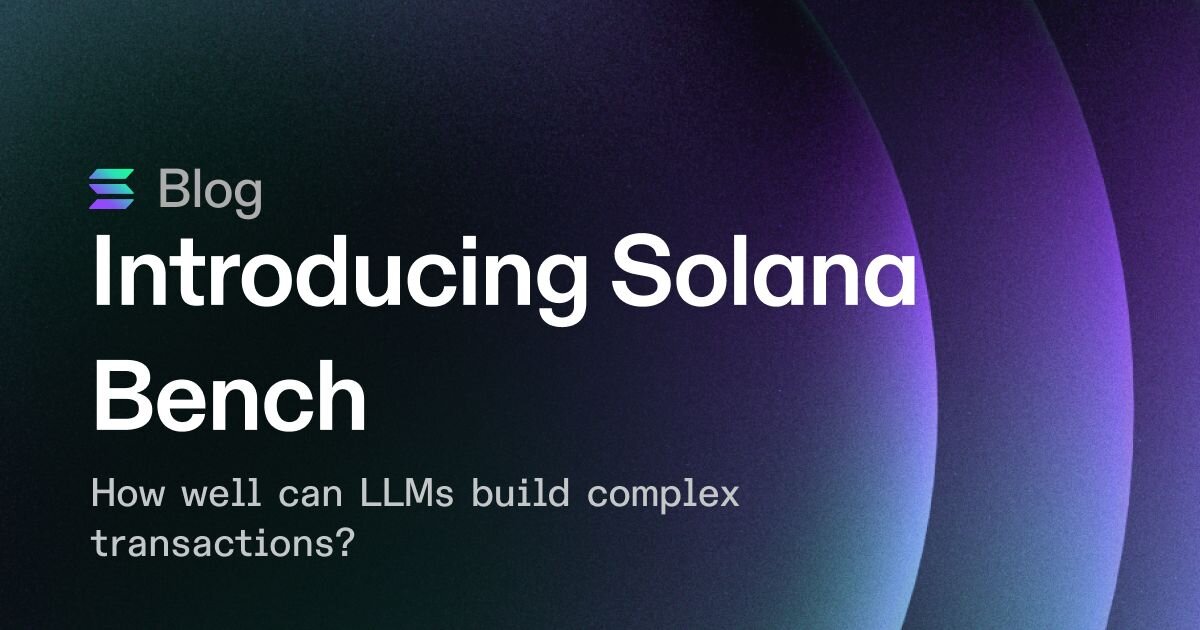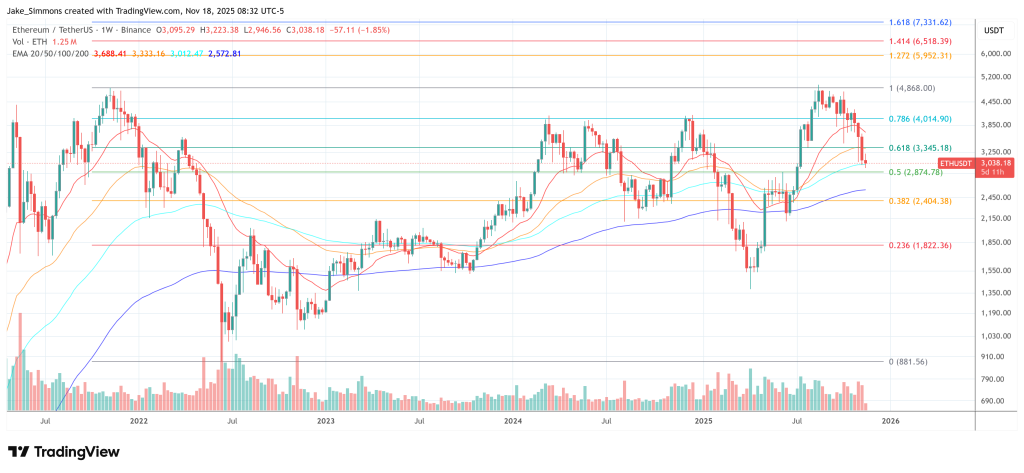Solana Development Expands with Support for Solidity
Introduction
Solana development has traditionally been associated with programming languages such as Rust and C for writing smart contracts. However, Solana is evolving to become more accessible to a broader range of developers, particularly those familiar with the Ethereum ecosystem. To bridge this gap, Solana Labs is proud to announce the availability of Solidity, a language used extensively for Ethereum smart contracts, on the Solana platform.
Bridging the Gap with Hyperledger Solang
The availability of Solidity on Solana is made possible through Hyperledger Solang, a new compiler developed to facilitate the transition from Ethereum-based development to Solana. This compiler helps bridge the gap between EVM (Ethereum Virtual Machine) developers and the Solana ecosystem, allowing them to leverage their existing knowledge and skillset.
Expanding the Solana Ecosystem
The addition of Solidity to the Solana ecosystem has significant implications for developers. With more programming languages available, Solana can attract a broader range of skilled developers, resulting in a more diverse skill set within the community. This diversification was evident with the community-led creation and release of Seahorse, which enables Solana smart contracts to be written in Python, the world’s most popular programming language.
Key Features of Hyperledger Solang
The Hyperledger Solang compiler offers a range of features that make it an attractive option for developers:
- Compatibility with Ethereum Solidity 0.8: Developers familiar with Ethereum smart contracts can seamlessly transition to Solana using Hyperledger Solang.
- Ability to call other Solana smart contracts: Solana smart contracts can interact with each other, enabling complex decentralized applications (dApps).
- Supports Solana SPL tokens: The compiler allows developers to create and utilize Solana SPL tokens, expanding the possibilities for token-based applications.
- Supports program derived addresses: Hyperledger Solang enables the creation of program-derived addresses, offering greater flexibility and control over smart contract functionality.
- Enables development with Anchor: Anchor is a Solana-specific framework for building scalable, secure, and efficient smart contracts. Hyperledger Solang supports Anchor, making it an attractive option for developers.
- Builds native Solana smart contracts: The compiler allows developers to create native Solana smart contracts, optimized for the Solana network.
- Access to native Solana builtin functionality: Hyperledger Solang provides access to Solana’s built-in functionality, enabling developers to leverage the network’s unique features.
Getting Started with Hyperledger Solang
Getting started with Hyperledger Solang is a straightforward process. A beginner’s guide is available to assist developers in setting up their development environment, writing and testing their first smart contract, and deploying it on the Solana network.
Conclusion
The addition of Solidity to the Solana ecosystem marks a significant step in the platform’s evolution. With the help of Hyperledger Solang, EVM developers can now leverage their existing knowledge and skillset to build and deploy smart contracts on the Solana network. This expansion will undoubtedly attract a broader range of developers, further growing the Solana ecosystem.
FAQs
Q: What programming languages are currently supported on the Solana platform?
A: Solana currently supports Rust, C, and Solidity, thanks to the introduction of Hyperledger Solang.
Q: How does Hyperledger Solang bridge the gap between EVM developers and the Solana ecosystem?
A: Hyperledger Solang is a compiler that translates Solidity code into Solana bytecode, allowing EVM developers to build and deploy smart contracts on the Solana network without modifying their existing codebase.
Q: What are the benefits of using Solidity on Solana?
A: The use of Solidity on Solana offers several benefits, including the ability to leverage existing knowledge and skillset, access to a broader range of developers, and the possibility of creating more complex and scalable decentralized applications (dApps).
Q: What is Anchor, and how does it relate to Hyperledger Solang?
A: Anchor is a Solana-specific framework for building scalable, secure, and efficient smart contracts. Hyperledger Solang supports Anchor, enabling developers to create Anchor-based smart contracts and leverage the framework’s features.
Q: Can I use existing Solidity code on Solana?
A: Yes, Hyperledger Solang allows developers to use existing Solidity code on Solana, making the transition to the Solana ecosystem as seamless as possible.







